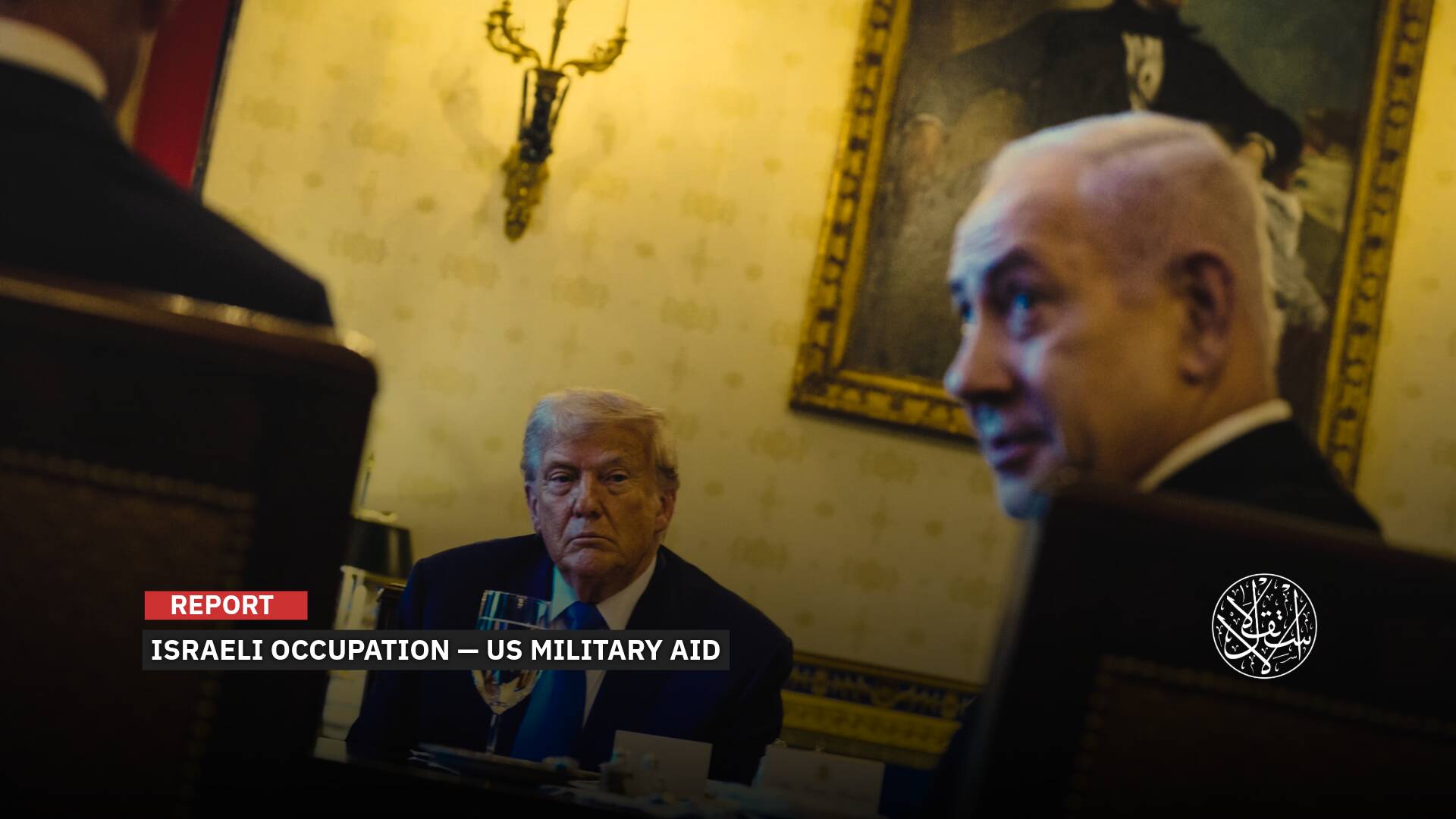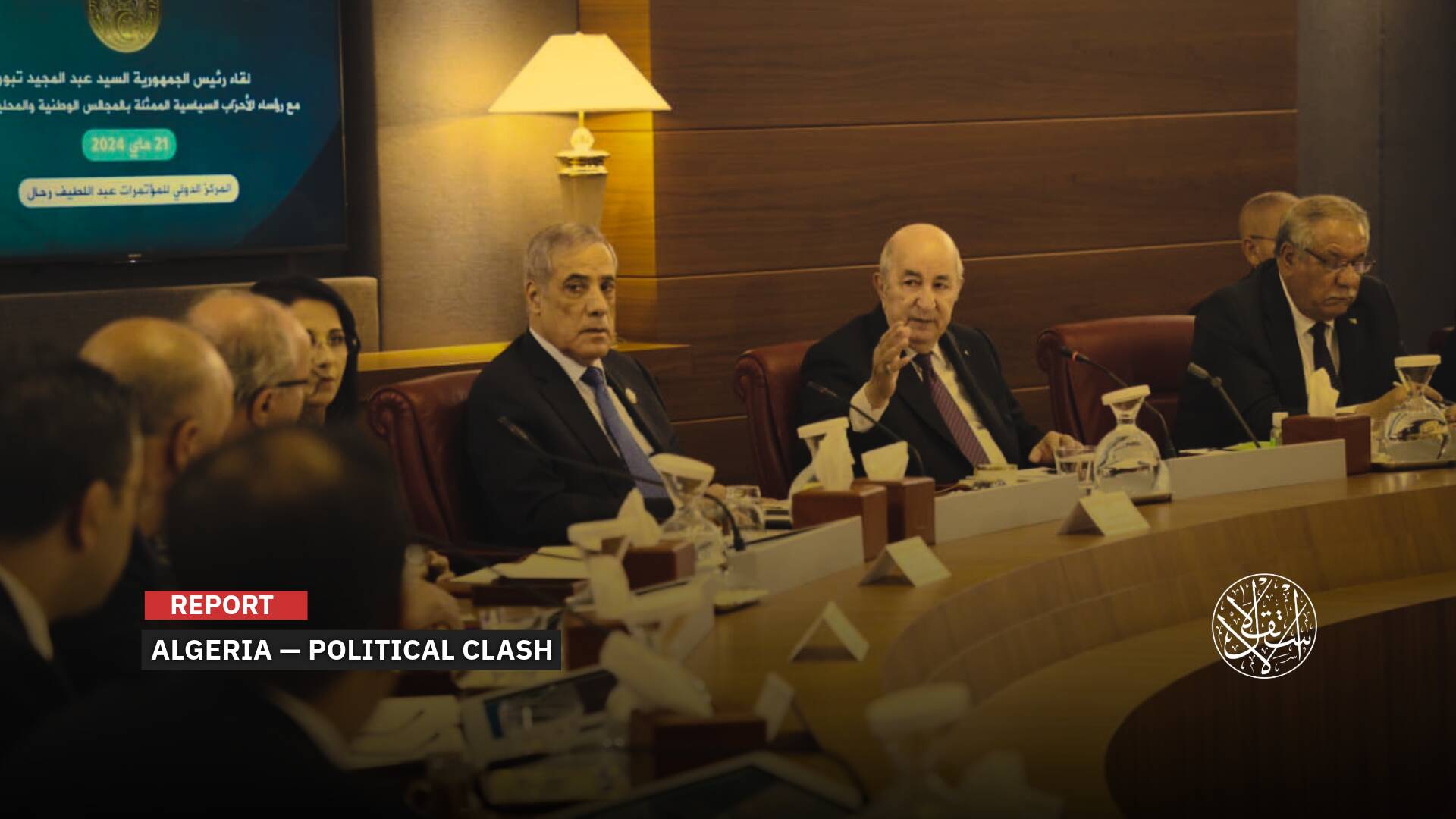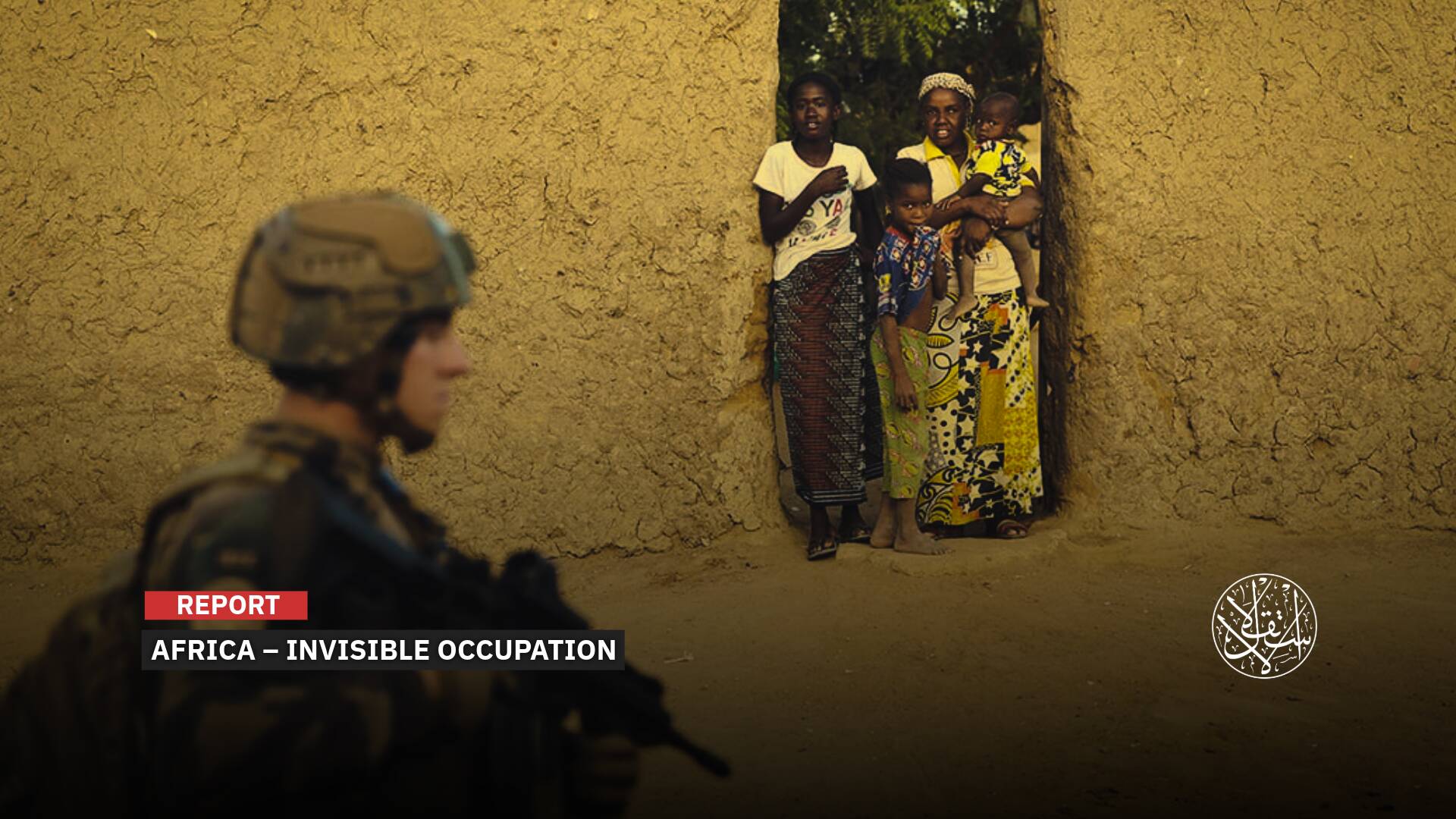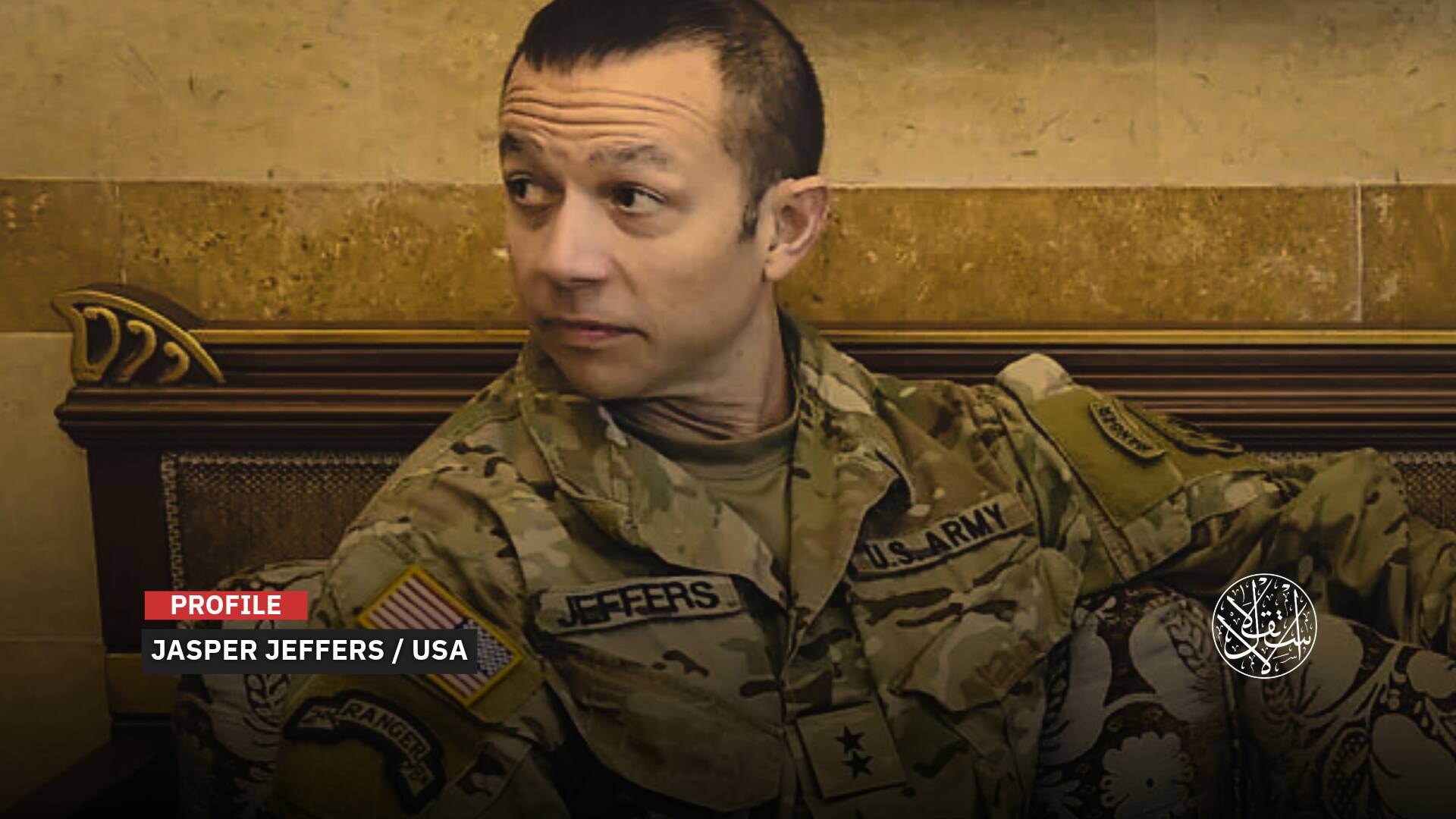How Is the UAE Exploiting Relief Work to Support the RSF?

The UAE's role in Sudan may be part of a broader strategic campaign across Africa.
An investigative report by The New York Times reveals that the United Arab Emirates (UAE) is allegedly using humanitarian efforts in Sudan as a cover to provide substantial support to the Rapid Support Forces (RSF), a paramilitary group embroiled in a brutal conflict with the Sudanese army.
According to the report, drones launched from a UAE base, supposedly for relief operations, are instead being used to direct arms shipments along Sudan’s border in favor of the RSF, a group widely accused of committing atrocities in the war-ravaged nation.
The findings paint a stark picture of the UAE's involvement in one of the world’s most devastating civil wars.
No Neutrality
While publicly positioning itself as a mediator and advocate for peace, the UAE is reportedly playing a dangerous double role, supplying funds, weapons, and advanced drones to the RSF, fueling further violence and destabilization, according to diplomatic sources, internal documents, and satellite imagery analyzed by The Times.
Despite these allegations, the UAE maintains that it has no involvement in arming any factions in Sudan, insisting it is focused solely on alleviating the humanitarian crisis and pushing for an immediate ceasefire.
The Gulf state has repeatedly claimed its neutrality, expressing concern over the escalating violence.
However, satellite images and U.S. officials suggest that under the guise of its internationally recognized humanitarian organization, the Red Crescent, the UAE has been clandestinely funneling military aid to the RSF for over a year.
This covert support, the report indicates, forms part of the UAE’s broader strategy to cement its influence in the region, even as Sudan descends into deeper chaos.
In January, the UN cited "credible" evidence that the UAE was violating a two-decade-old UN arms embargo on Sudan.
Since then, the UAE has escalated its covert involvement. The Emiratis are now deploying powerful Chinese-made drones, the largest yet seen in Sudan’s conflict, from an airfield in neighboring Chad.
This airstrip, which the UAE has expanded into a sophisticated military base, features newly built hangars and a control station for the drones, according to satellite images.
Flight-tracking data shows that many of the cargo planes landing at the airfield during the war carried weapons not only for Sudan but for other conflict zones, including Libya, where the UAE has also been accused of breaching international arms embargoes.
American officials assert that the Emiratis are now using this base to launch military drones, providing crucial battlefield intelligence to the Rapid Support Forces (RSF).
Photographic evidence shows a stockpile of munitions and a ground control station for the Wing Loong drone positioned near the runway, just 750 yards from a UAE-run hospital that has been treating wounded RSF fighters.

U.S. Dissatisfaction
The Wing Loong drones, capable of flying for 32 hours with a range of 1,000 miles, can carry up to a dozen missiles or bombs.
While the drones have not yet conducted airstrikes in Sudan, U.S. officials say they are being used for surveillance and targeting in the conflict’s chaotic landscapes.
Once airborne, these drones may be remotely operated from UAE territory, according to officials and experts.
Most recently, one was spotted patrolling over the besieged city of El Fasher, where the RSF has encircled some two million people who face starvation and the threat of escalating atrocities.
American officials have been pushing all sides in the conflict to cease the violence. In a December meeting, Vice President Kamala Harris reportedly confronted UAE leader Sheikh Mohammed bin Zayed about his country’s support for the RSF, according to sources familiar with the conversation.
For his part, President Biden urged an end to the "senseless war" in Sudan, warning that the Rapid Support Forces' (RSF) months-long siege of El Fasher had escalated into a "full-blown assault."
The UAE claims its involvement is solely aimed at halting the war and aiding its victims, having provided $230 million in aid and 10,000 tons of relief supplies.
It has also played a visible role in recent U.S.-led peace talks in Switzerland. The UAE remains committed to supporting the people of Sudan in restoring peace, Emirati foreign minister Lana Nusseibeh said following the negotiations.
However, behind the scenes, senior U.S. officials have been pressuring the UAE to abandon its covert operations in Sudan.
According to five U.S. officials familiar with the discussions, American intelligence has confronted Emirati leaders with evidence of their clandestine activities.
In December, Vice President Kamala Harris raised concerns about arms smuggling directly with Sheikh Mohammed bin Zayed.
The Emirati leader's response was seen by some as a tacit acknowledgment of the U.S. concerns, although he stopped short of admitting direct support for the RSF.
Instead, Sheikh Mohammed reportedly noted his debt to the RSF's leader, Lt. Gen. Mohamed Hamdan, for sending troops to aid the UAE in its war in Yemen, according to U.S. officials.
Criticism of the UAE’s actions has been especially sharp from aid organizations, which accuse the Gulf state of using its humanitarian efforts as a cover for military support.
A confidential memo from the European Union’s ambassador to Sudan, Aidan O’Hara, obtained by The New York Times, offers further evidence of the UAE’s deepening involvement in the conflict.
The memo claims that the delivery of drones, howitzers, multiple rocket launchers, and portable air defense systems from the UAE to the RSF has "helped neutralize the air superiority" of the Sudanese military.
It also alleges that Saudi Arabia has provided funds to the Sudanese army, which were used to purchase Iranian drones, and that as many as 200,000 foreign mercenaries are now fighting alongside the RSF.
The memo suggests that the UAE's role in Sudan may be part of a broader strategic campaign across Africa.
Secret Hospital
Last year, as cargo planes began landing at Amdjarass airport, 600 miles east of Chad’s capital, N’Djamena, the UAE claimed it was establishing a field hospital to aid Sudanese refugees.
However, American officials soon discovered a different story unfolding. The $20 million hospital was quietly treating wounded members of the Rapid Support Forces (RSF), and the same cargo planes were smuggling weapons to fighters inside Sudan.
Satellite imagery and flight records revealed that while the Emiratis were promoting their humanitarian operation, they were simultaneously installing a sophisticated drone system at the airfield.
In early May, during an extended phone call, President Biden’s national security adviser, Jake Sullivan, confronted his Emirati counterpart with declassified U.S. intelligence detailing the UAE’s military support for the RSF.
Two American officials familiar with the call said the evidence was compelling, showing the extent of the UAE’s covert involvement.
Despite these revelations, the UAE's support for the RSF appears to have intensified. U.S. officials and witnesses in Chad report an increase in cargo flights to Amdjarass airport.
While these flights are now more easily detected, a significant portion of supplies is being transported by truck along less conspicuous routes that avoid major cities.
Weapons linked to the UAE have been found on the battlefield. Human Rights Watch recently identified Serbian-made missiles, fired from an unknown drone, that were originally sold to the UAE.
After complaints from Western officials, Succès Massara, Chad's former prime, warned Chad’s president, Mahamat Idriss Déby, that allowing the UAE to move arms through Chad was a “grave mistake.”
Despite these warnings, the UAE’s influence in Chad remains strong. The Gulf state has promised Déby a $1.5 billion loan—nearly equivalent to Chad’s entire national budget from a year ago.
The UAE’s backing of the RSF extends beyond arms and logistics. Earlier this year, a private Emirati jet transported the RSF’s commander, Gen. Mohamed Hamdan Dagalo, also known as Hemedti, on a diplomatic tour of six African countries, where he was treated with the prestige of a head of state.











